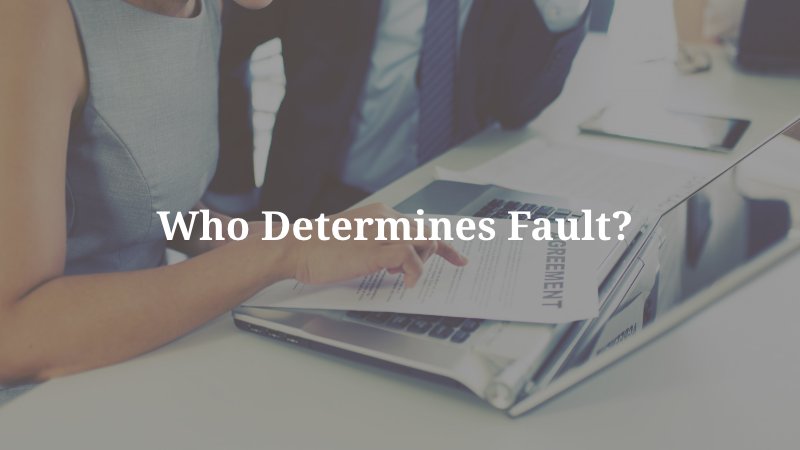Comparative Negligence in Georgia
Each state has negligence laws that apply to personal injury cases and impact the outcome. In Georgia, the courts follow a comparative negligence system. Under this rule, each party to a lawsuit is assigned a percentage of fault which can factor into insurance settlement discussions and in-court legal arguments.
What is Comparative Negligence in Georgia?
Georgia has a modified comparative negligence law, which can reduce or eliminate an individual’s compensation in a personal injury case. Liability is divided among the parties, and you can recover compensation as long as you are no more than 49% to blame. However, your settlement or award will be reduced by your percentage of fault. For example, if you are awarded $100,000 and found 40% at fault, you will receive 60% of the award or $60,000. Under Georgia law, the 40% you forfeit represents your contribution to causing the accident, which resulted in your injuries. On the other hand, if you are found to be 50% or more to blame, you cannot recover any compensation.
What Happens If Several Parties are Liable?
In personal injury cases involving several liable parties, each one will still be assigned a percentage of fault and responsible for paying their share. For instance, if one party is 40% to blame, another is 35% at fault, and a third is 25% responsible, each will have their compensation reduced accordingly.
Who Determines Fault?

Initially, insurance company adjusters determine fault for personal injury accidents after reviewing the evidence, such as a police report, photos, surveillance footage, witness statements, etc. They will also likely ask you and the other parties involved questions about the incident to try to create a reliable narrative of how the injury occurred. After their investigation, they will identify who caused the accident or whether both parties contributed and assign percentages of fault.
Whether you are unsatisfied with the adjuster’s decision on fault or their settlement offer, a jury will determine fault if you choose to take your case to trial. Each side will state their argument and present evidence, then the jury will deliberate to decide which party is to blame and the amount of compensation that should be awarded.
Other Types of Comparative Negligence
Most states follow a variation of the comparative negligence rule, but there are two other types besides Georgia’s 50% bar rule form of modified comparative negligence. Those include:
Pure Comparative Negligence
The plaintiff’s (victim’s) award is reduced by their percentage of fault but can still recover compensation even if they are 99% to blame.
Modified Comparative Negligence (51% bar)
Some states follow a modified comparative negligence system with a 51% bar rule. The courts will subtract the plaintiff’s percentage of negligence from their award as long as they are found 50% or less responsible. They cannot recover compensation if they are 51% or more at fault.
Contributory Negligence
Contributory negligence is an alternative to comparative negligence, but it is a harsh law that only four states follow. This rule makes it far more challenging for accident victims to recover compensation, as they cannot receive any if they contributed to their accident in any way. Even if they are only 1% to blame, they are barred from financial recovery.
If you or a loved one has been injured in a preventable accident, talk with an experienced Atlanta Personal Injury Lawyer today. We can help you determine how comparative negligence may affect your case and ensure the correct percentage of the fault falls on the appropriate party.

